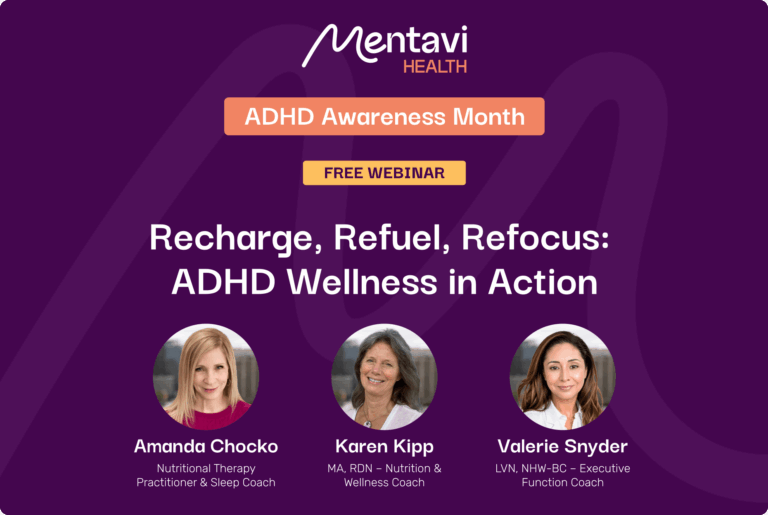“Where did the time go?” It’s a question that everyone asks from time to time. But for those living with ADHD, the minutes and hours can slip by much more easily. Time agnosia (or time blindness, as it’s most commonly known) is a generally universal challenge for those with ADHD. However, it’s a symptom that is often unnoticed or misunderstood by others. Employers and educators, in particular, may misinterpret it and therefore miss opportunities to support those affected by time blindness. Understanding how it presents itself and impacts those experiencing it is crucial to fostering environments where students and professionals with ADHD can thrive.
What is time blindness?
Time blindness refers to the difficulty in perceiving, tracking, and managing time effectively. Some ADHDers compare it to “living in a constant present.” It’s not simply about a student or employee being a procrastinator or “bad with time.” Time blindness is a neurological condition where individuals struggle to sense how much time has passed, estimate how long tasks will take, or feel the urgency that approaching deadlines typically create. For someone experiencing time blindness, five minutes can feel like an hour, or conversely, three hours can pass in what feels like moments. For those with ADHD, they often feel as if only two states exist: the “now” and the “not now.”

It’s not a matter of laziness, poor planning, or lack of care about responsibilities. Instead, it’s a fundamental difference in how the brain processes temporal information, making time feel abstract and difficult to grasp. It’s easy to see how this could be challenging in professional or educational settings.
The cause of time blindness
The executive function is the primary culprit behind time blindness. This is the system that manages the planning, prioritization, and working memory of ADHD brains. When the executive function is compromised, it becomes harder to feel or visualize the passage of time.
This results in the internal clock that most rely on to gauge the passage of time being inconsistent or even absent. Common factors like stress and hyperfocus that tend to impact those with ADHD can also contribute to time blindness.
How it shows up
Time blindness manifests in common ways in both academic settings and in the workplace. Students and professionals may:
- Underestimate or overestimate how long a project or task may take
- Lose track of time or need urgent or specific deadlines to finish things
- Overcommit to things with no accurate sense of how they will (or won’t) fit into a day.
- Become so deeply absorbed in a task that they have no awareness of time passing
This may result in:
- Arriving late to class or meetings
- Missed deadlines
- Working longer hours to compensate for lost time
- Difficulty easily transitioning between tasks
It’s important to note that time blindness doesn’t reflect a lack of effort or professionalism. Many people with ADHD develop anxiety around time precisely because they care deeply about meeting expectations, but struggle to do so consistently.
Supporting those with time blindness
How can you best support a student or employee struggling with time blindness?
- Equip them with and encourage the use of time-management tools, such as timers, alarms, clocks, calendars, and planners — anything that works for them.
- Create micro-deadlines. Even outside of THE deadline. Set up and monitor check-ins and milestones along the way. Also, consider padding deadlines when possible to give them extra time.
- Support their practicing of time estimation. Have them time their regular tasks over the course of the week and log it to get a better sense of how long things take. Encourage them to share their findings with you.
- Provide flexibility with start times for meetings and offer plenty of notice. A gentle nudge or reminder can also help.
- For students, offer alternative testing accommodations, such as extra time or a different environment.
The most effective approaches involve clear collaboration and communication. By recognizing time blindness as a legitimate neurological difference rather than a character flaw, employers and educators can create more inclusive, supportive environments where people with ADHD can thrive.
Sources:
Time Unbound: Managing Time Blindness at Work – CHADD
ADHD Time Blindness: How To Detect It & Regain Control Over Time – ADD.org

Clinically reviewed by Amy Marschall, PsyD. Dr Marschall has been a licensed psychologist since 2016 and currently owns a private practice, RMH-Therapy, where she provides therapy primarily to children and adolescents and does psychological evaluations and also provides ADHD assessments through ADHD Online.




